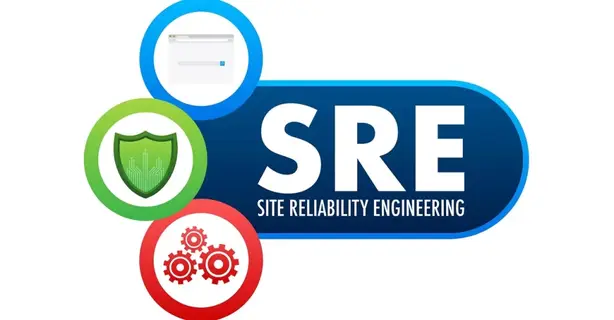
What is Site Reliability Engineering (SRE)?
Site Reliability Engineering (SRE) is an approach to managing IT infrastructure that combines software engineering practices with operations to create highly reliable, scalable systems. Originating from Google, SRE involves building and maintaining systems to ensure they meet specific reliability and performance goals. By focusing on automation, incident response, monitoring, and system scalability, SRE aims to reduce operational overhead and improve system robustness. SREs bridge the gap between development and operations by applying software principles to infrastructure challenges, making it possible to enhance uptime, manage risk, and ensure that systems operate smoothly under various loads and conditions.
Why Your Business Needs an SRE Freelancer
For businesses, having a skilled SRE is crucial for maintaining system stability and performance, but hiring an SRE full-time can be costly. This is where an SRE freelancer offers significant advantages. SRE freelancers bring specialized expertise in monitoring, troubleshooting, and optimizing systems without the need for a long-term hiring commitment. They help prevent system downtime and reduce recovery times, directly impacting user experience and business continuity. Freelancers can be brought on during peak periods, complex project phases, or when in-house teams need additional support, making it an efficient solution for businesses that want reliability without overextending their resources.
Top 5 Responsibilities of an SRE Freelancer
- Monitoring and Incident Response: SRE freelancers set up monitoring tools and alerting systems to identify issues before they escalate. They respond to incidents, troubleshoot root causes, and ensure that services are back online as quickly as possible, minimizing downtime.
- Automation of Operational Tasks: Automation is at the core of SRE, and freelancers in this role are often tasked with automating repetitive processes. From deployment and scaling to alert response, automation reduces manual effort, speeds up recovery, and improves consistency.
- Capacity Planning and Scalability: SREs assess and plan for system growth, ensuring that applications and infrastructure can handle increasing loads. Freelancers provide guidance on infrastructure optimization, so your systems scale efficiently and cost-effectively as traffic or usage grows.
- Performance Optimization: By monitoring and analyzing performance metrics, SRE freelancers identify bottlenecks and suggest optimizations, improving response times and resource usage. This proactive tuning helps avoid costly slowdowns and enhances the user experience.
- Reliability Engineering and Testing: Freelancers in SRE focus on engineering practices that build reliability, including load testing, disaster recovery planning, and implementing redundancy. This ensures that systems remain resilient even under heavy loads or during unexpected failures.
SRE Freelancers: Ensuring High Availability and Performance
High availability and performance are central to the SRE role, making SRE freelancers an invaluable asset for businesses aiming to maintain reliable services. These freelancers deploy best practices like automated monitoring, alerting, and self-healing to keep systems running smoothly with minimal downtime. Their expertise in load balancing, caching, and failover mechanisms helps ensure that systems can handle peak loads without affecting performance. By building scalable, fault-tolerant infrastructures, SRE freelancers help businesses deliver consistent, high-performance experiences to users, making them especially valuable during critical phases like product launches or peak usage times.
How SRE Freelancers Can Improve Your System Reliability
SRE freelancers are uniquely positioned to enhance system reliability through specialized techniques that prevent downtime and improve system resiliency. By implementing robust monitoring and alerting systems, they help detect and respond to issues proactively. Additionally, SRE freelancers apply automation to common tasks, minimizing human error and ensuring consistent operation. Their focus on testing for resilience—like load tests and chaos engineering—exposes potential weaknesses in a controlled manner, allowing for improvements before issues affect users. With their ability to optimize both infrastructure and operations, SRE freelancers drive reliability, ensuring that your systems can withstand real-world demands without faltering.